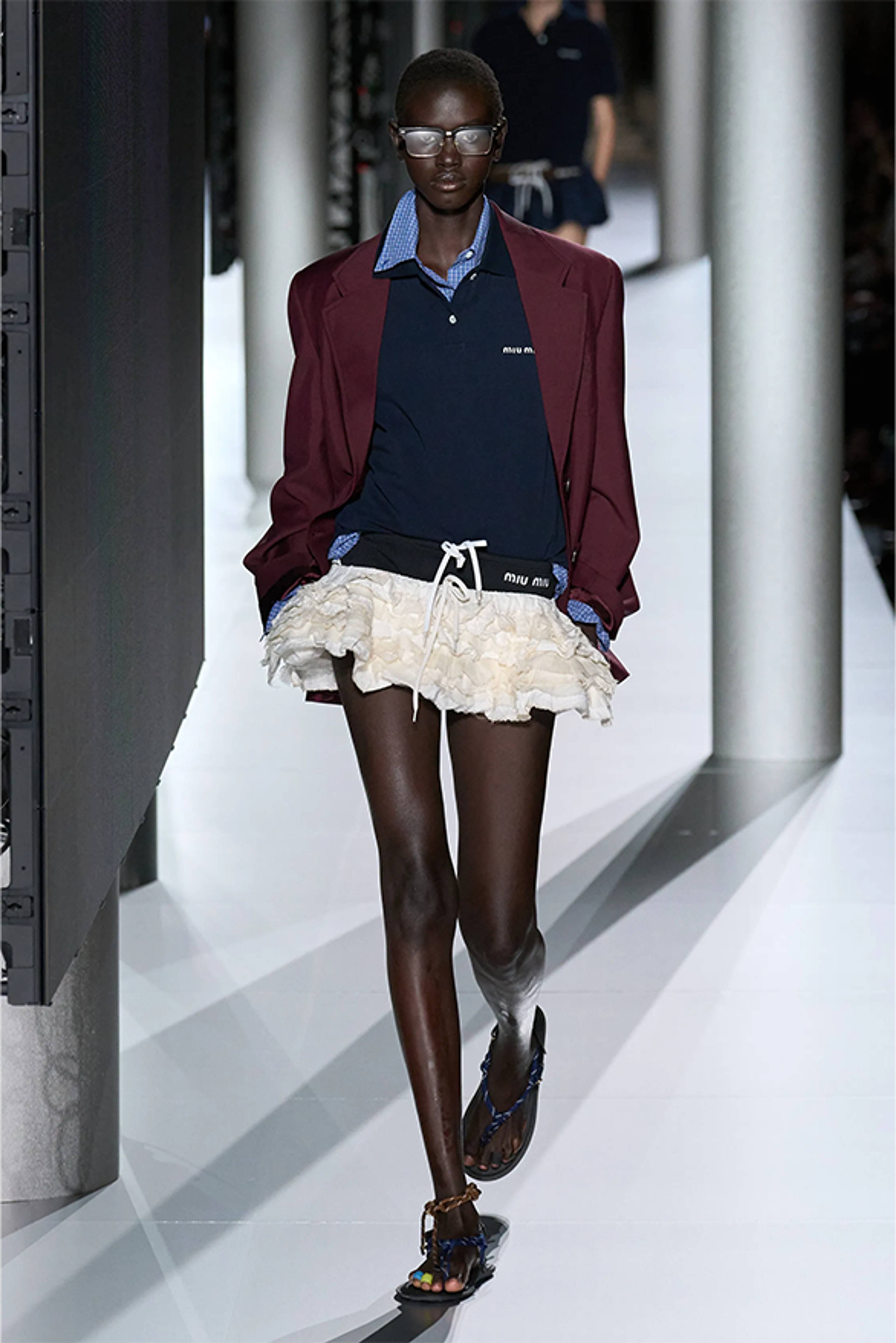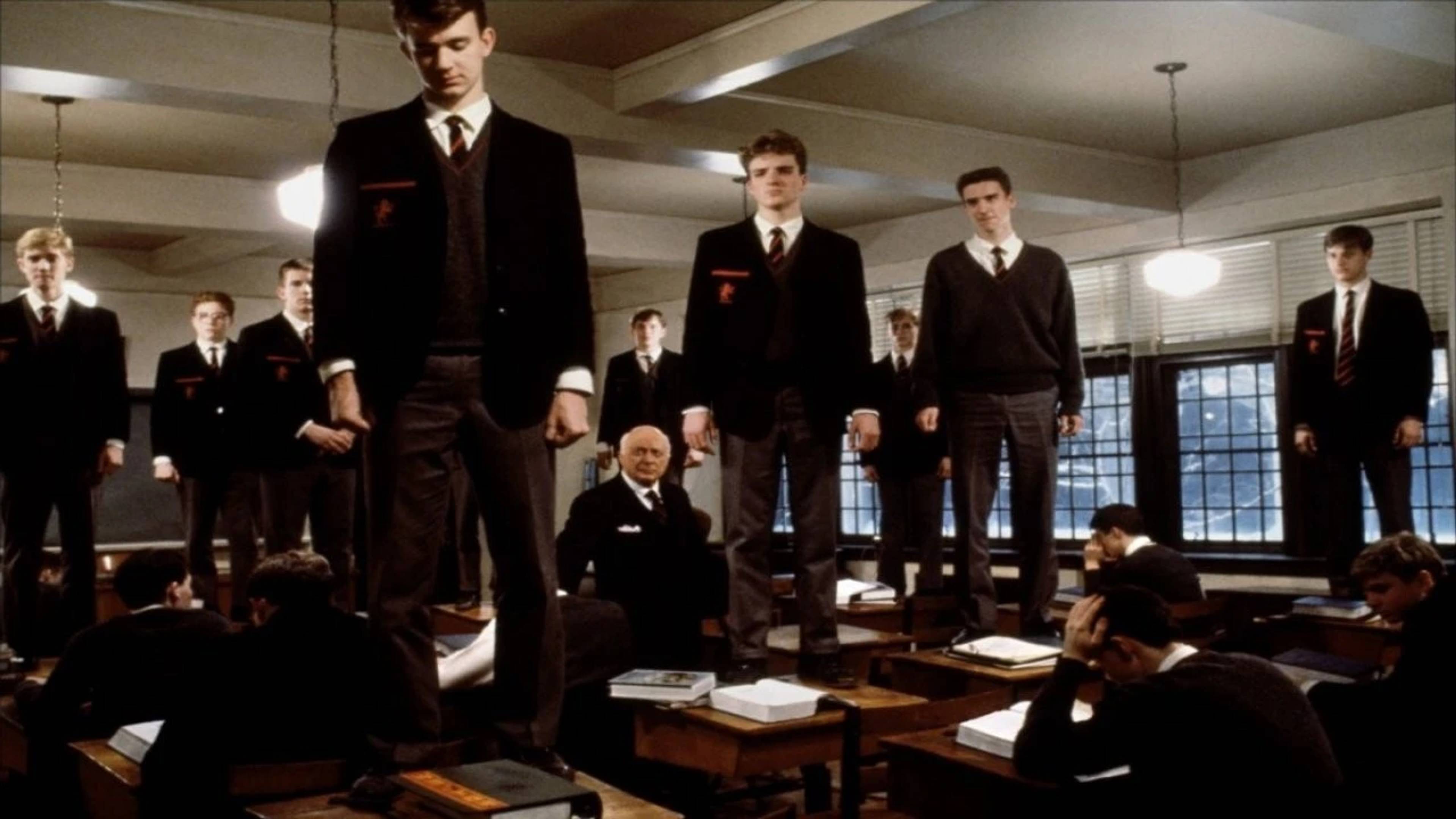At the table across the cafe, a guy is wearing a T-shirt that says “Fuark Aesthetic.” I have no idea what this means, except that the aesthetic of laying claim to an aesthetic is a thing. I don’t think he would have been wearing this shirt five years ago, definitely not ten. Aesthetic used to be an experience. Now it’s a look.
But the guy’s T-shirt didn’t embody an aesthetic as a look so much as evoke its possibility in writing. Aesthetic is a word like “kind of,” or “like,” and it goes with liking online. The net has changed “aesthetic” from an adjective to a noun. But it’s not a noun that describes a concrete object. Aesthetics Wiki Fandoms is an encyclopaedic forum where, as with rule 34 for porn, if you can think of it, there’s an aesthetic of it. Unlike offline aesthetics – Bordieu’s 1979 “distinction” of taste – aesthetic fandoms don’t rely on possessing, or using, particular objects, but participating in the vibe they conjure via creating taxonomies.
Who makes the rules for Aesthetics Wiki Fandoms? Not the stars but the fans. The balance of being a “fan” has shifted. Unlike other aesthetic platforms, Aesthetics Fandoms rarely look to IRL influencers: these communally created, deliberately lo-fi pages that look like they were templated in the 2000s are made by groupies without a group. Fandoms are all about the “aestheticiness” of an aesthetic, less their content than the central aesthetic act, as defined by Immanuel Kant in his 1790 work Critique of Judgment: that of sorting and judging.
Writing yourself back into a narrative that has excluded you can be a tricky process, and capitalism’s Cool Girl invitation to re-invent yourself as “exceptional” within its remit, an exhausting trap.
So Aesthetic Fandoms are less about the rules than the rule that there have to be rules. “Whoever added back those cat pictures that originally came from Grey Academia needs to stop,” comments moderator Sweetcrispyjesus on the Petcore aesthetic page. “They were intended for Grey Academia and the owner of the photographs does not want them on the petcore page.”
“Academia” is one of the most popular fandom cores with prolific iterations. As well as “grey” and “dark,” there’s “pastel” and “light,” which is only the beginning of the spectrum. Dark Academia, the gothic version, all v-necks, sherry, and ritual murder, has been around for a while, and it’s back. It’s going so strong that Women’s Wear Daily noticed it in the Spring 24 collections and felt the need to offer its readers a guide to the aesthetic after the term saw a 104 percent increase in searches on Pinterest.
Dark Academia fandom membership isn’t based on real-life academic practice, but the pursuit of a look. Or, not even a look, as you don’t have to own the clothes, you just have to cut-n-paste them. Books are listed as inspirations. Even if, as a comment states, you “hate reading” you can still participate in the vibe. Academia cores may be popular because the core age of fans is eighteen to twenty-four: the age of most school and university students. But with a crucial difference.
“Romanticize study sessions” (“POV you romanticize everything”) advises UK fashion brand Minga, which organizes its clothes into “fairycore,” “grungecore,” and other sections. The school and college-age kids who run Aesthetics Wiki know not only that most of them will never study at a Russell Group or Ivy League university, but that the social and financial mobility, which education used to promise, has become severely eroded as well as ruinously expensive. They provide what the late US cultural critic Lauren Berlant called having “the feeling of something rather than something,” a response to what they called the “cruel optimism” of the American Dream betrayed by contemporary global capitalism.
Still from Dead Poet Society, 1989, 128 min.
Why does Dark Academia keep coming back? The truth is, it never went away. It’s been a thing since the gothic/romantic novels of Edgeworth and Goethe, which were not only “romantic” as in providing feels, but Romantic with a capital R (one of the few aesthetic fandoms to be capitalized), their Sturm and Drang attitude (like Kant, also hot in the 1790s) signalling rebellion. Its current iteration coalesced, along with most other aesthetics, in lockdown, when enough people had time to think, not about how things are, but how things could be.
If academia cores romanticize the old-school academy, they are also para-academic venues that function as lively forums for critique. Dark Academia is uncomfortably aware of the difficulties of borrowing a retro aesthetic, accessorized with retro attitudes to sex, gender, class, appearance, ability, and race. Even when these aren’t present, the aesthetic draws on sources that are decidedly male and pale.
Women, girls, non-binary, and queer people drive Aesthetics Wiki. Why would they choose to engage with homophobic, elitist, racist, and misogynist content? Writing yourself back into a narrative that has excluded you can be a tricky process, and capitalism’s Cool Girl invitation to re-invent yourself as “exceptional” within its remit, an exhausting trap.
“Repressive forces don’t stop people from expressing themselves,” wrote the French philosopher Gilles Deleuze in Negotiations (1972–90), “but rather force them to express themselves.” Wiki Aesthetic Fandoms offers an escape route from the self in self-expression. Instead they hijack and remix premade identities, working via temporary, contingent solidarities that might as well have come from reading Judith Butler, Denise Riley, or Eve Kosofsky Sedgwick.
Dark academia aesthetic moodboard
Bella Hadid in the dark academia aesthetic
Dark academia aesthetic. Photo: Svetlana
It’s this elective, aesthetic nature of online identities that gets certain people mad, from left-wingers who see them as a solidarity-splitting bourgeois distraction, to conservatives and the alt-right who just want boys to be boys, girls to be girls, and probably nobody to be on Femboy Fandom Wiki. This kind of “common sense,” as the British race and class theorist Stuart Hall wrote, gets you nowhere fast: “You cannot learn, through common sense, how things are: you can only discover where they fit into the existing scheme of things.” Kant’s sensus communis sounds similar but means something else. It’s all about learning “how things are” communally. Kant used this term to describe for the “feeling” of making aesthetic judgements – as Berlant might have said, having a “feeling of something” – which he described as necessarily social. He would have been at home on Aesthetics Wiki.
If the opposite of being an influencer is being influenced, in the age of “identity capital,” fandom begins to look like a radical act.






